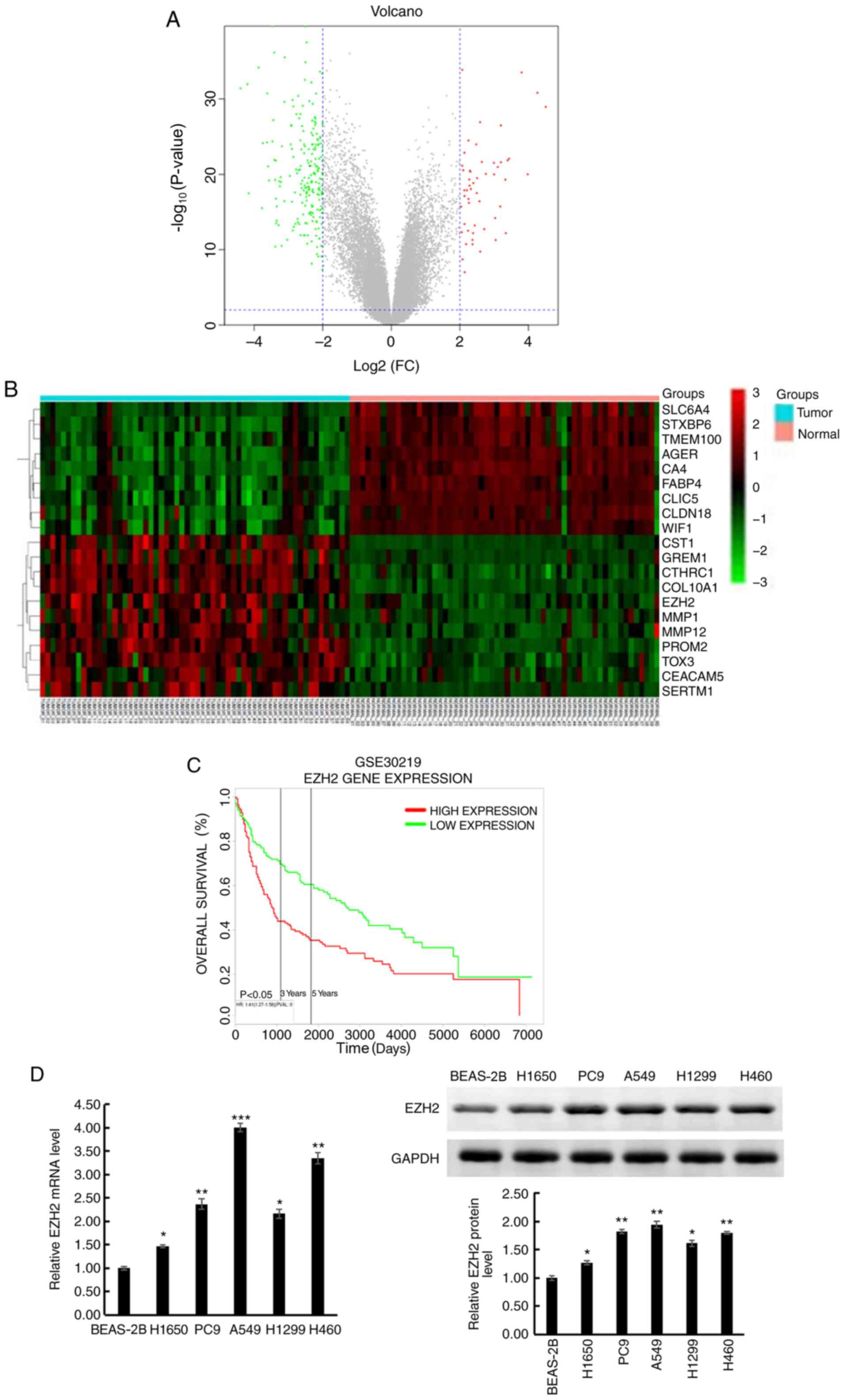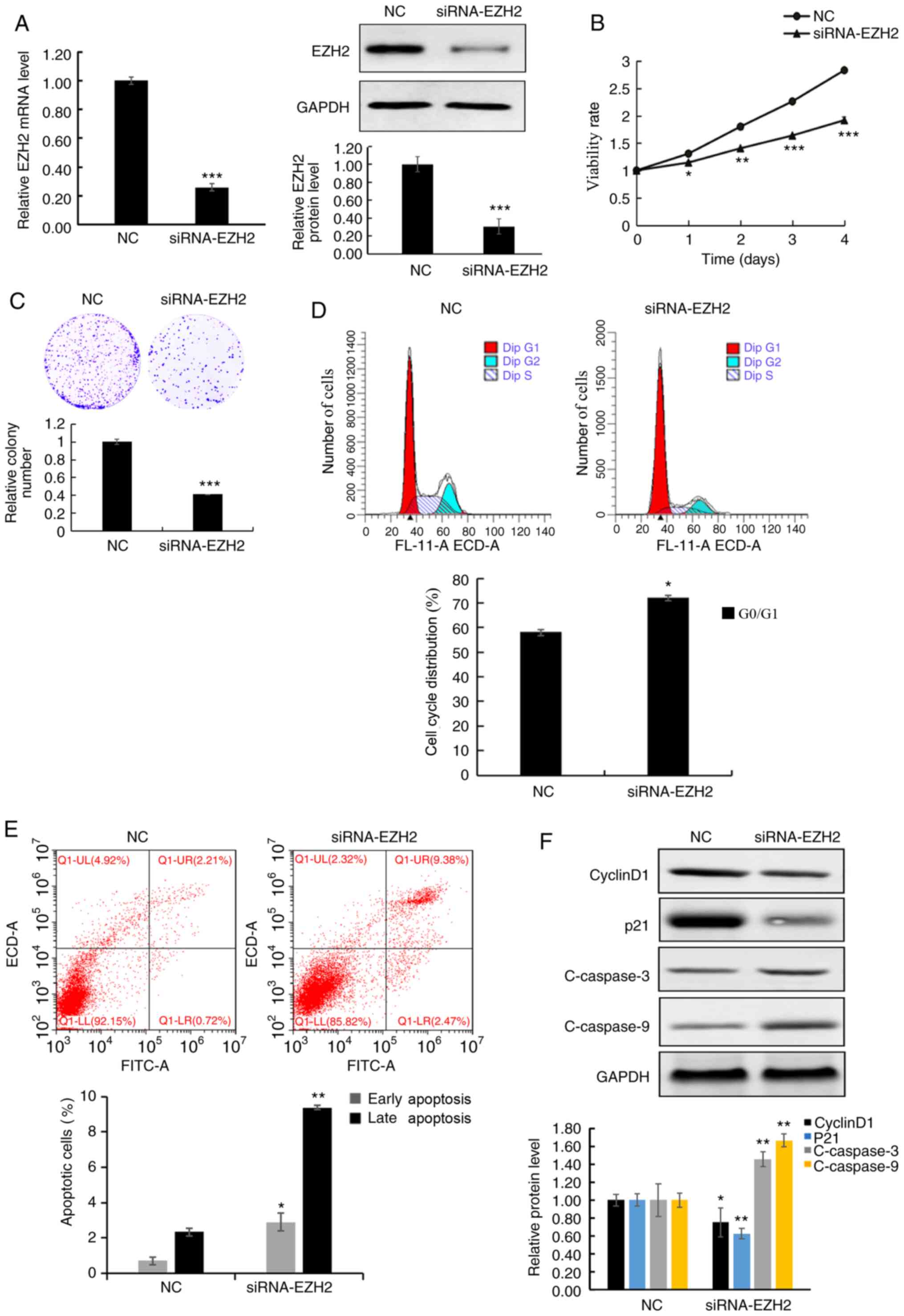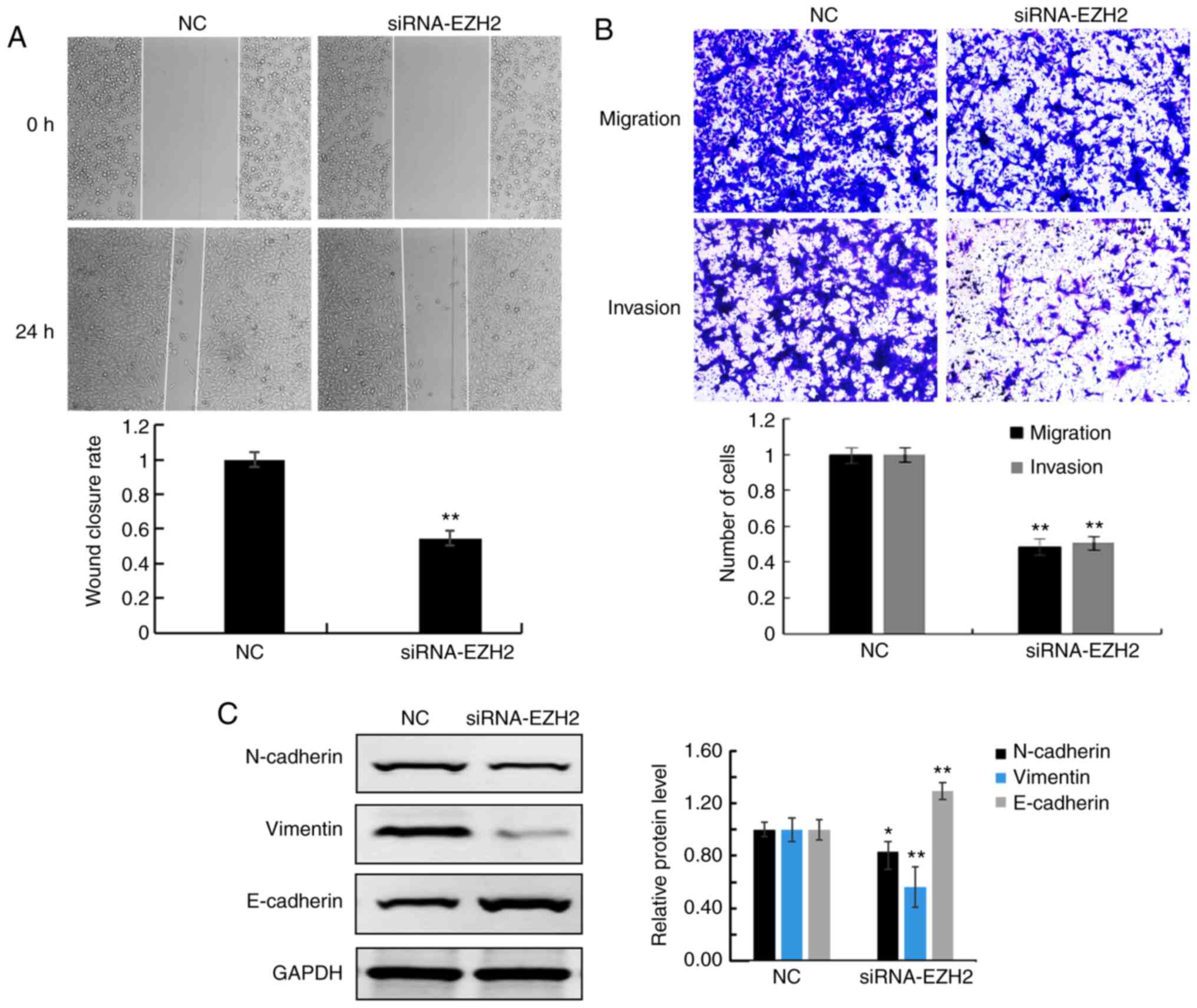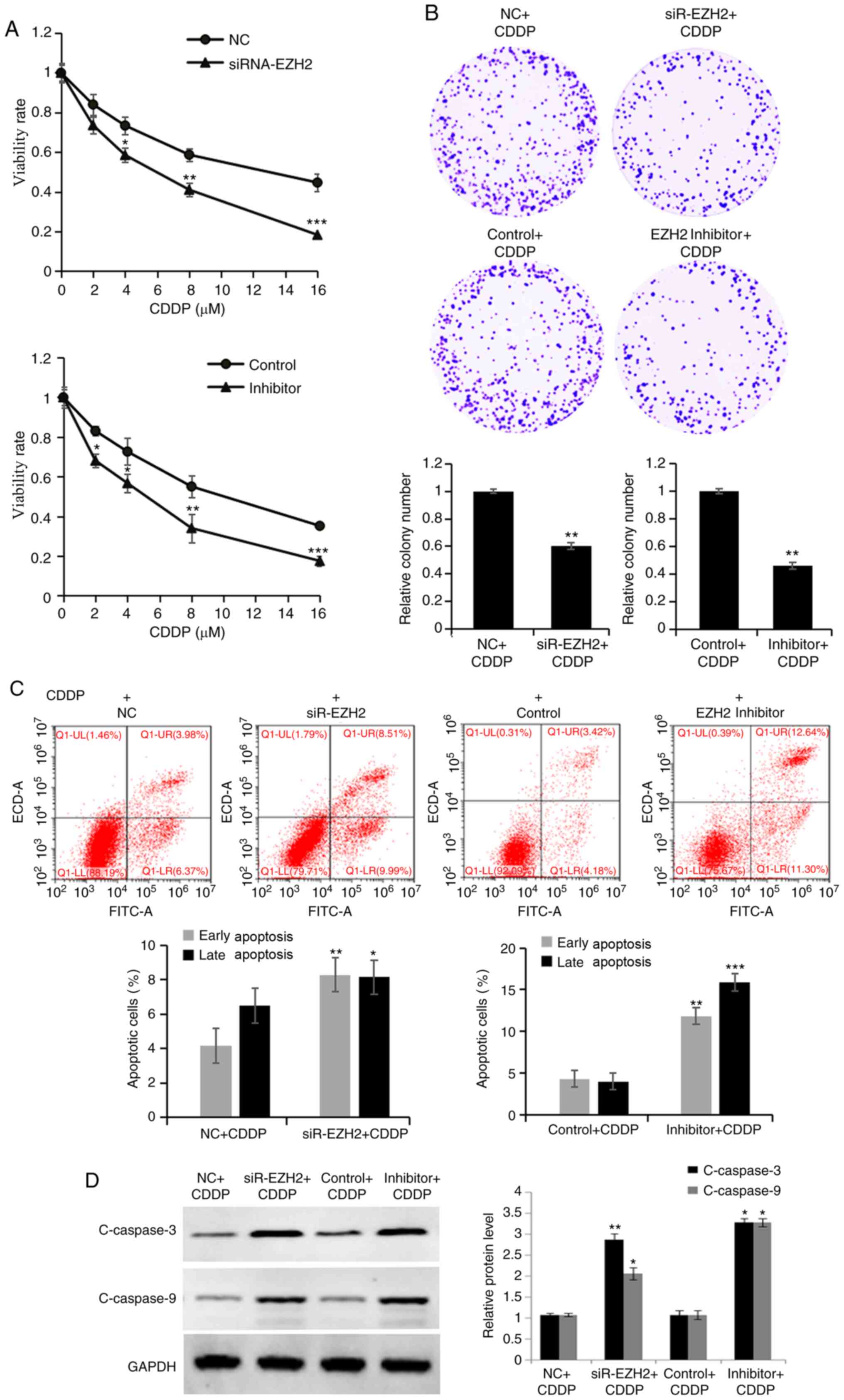|
1
|
Pietrzak S, Wójcik J, Scott RJ, Kashyap A,
Grodzki T, Baszuk P, Bielewicz M, Marciniak W, Wójcik N, Dębniak T,
et al: Influence of the selenium level on overall survival in lung
cancer. J Trace Elem Med Biol. 56:46–51. 2019. View Article : Google Scholar : PubMed/NCBI
|
|
2
|
Zhang L, Pu D, Liu D, Wang Y, Luo W, Tang
H, Huang Y and Li W: Identification and validation of novel
circulating biomarkers for early diagnosis of lung cancer. Lung
Cancer. 135:130–137. 2019. View Article : Google Scholar : PubMed/NCBI
|
|
3
|
Peng A, Li G, Xiong M, Xie S and Wang C:
Role of surgery in patients with early stage small-cell lung
cancer. Cancer Manag Res. 11:7089–7101. 2019. View Article : Google Scholar : PubMed/NCBI
|
|
4
|
Nix MG, Rowbottom CG, Vivekanandan S,
Hawkins MA and Fenwick JD: Chemoradiotherapy of locally-advanced
non-small cell lung cancer: Analysis of radiation dose-response,
chemotherapy and survival-limiting toxicity effects indicates a low
α/β ratio. Radiother Oncol. 143:58–65. 2020. View Article : Google Scholar : PubMed/NCBI
|
|
5
|
Naghizadeh S, Mohammadi A, Baradaran B and
Mansoori B: Overcoming multiple drug resistance in lung cancer
using siRNA targeted therapy. Gene. 714:1439722019. View Article : Google Scholar : PubMed/NCBI
|
|
6
|
Wang X, Hua Y, Xu G, Deng S, Yang D and
Gao X: Targeting EZH2 for glioma therapy with a novel
nanoparticle-siRNA complex. Int J Nanomedicine. 14:2637–2653. 2019.
View Article : Google Scholar : PubMed/NCBI
|
|
7
|
Sellers WR and Loda M: The EZH2 polycomb
transcriptional repressor-a marker or mover of metastatic prostate
cancer? Cancer Cell. 2:349–350. 2002. View Article : Google Scholar : PubMed/NCBI
|
|
8
|
Xu J, Wang Z, Lu W, Jiang H, Lu J, Qiu J
and Ye G: EZH2 promotes gastric cancer cells proliferation by
repressing p21 expression. Pathol Res Pract. 215:1523742019.
View Article : Google Scholar : PubMed/NCBI
|
|
9
|
Chien YC, Liu LC, Ye HY, Wu JY and Yu YL:
EZH2 promotes migration and invasion of triple-negative breast
cancer cells via regulating TIMP2-MMP-2/-9 pathway. Am J Cancer
Res. 8:422–434. 2018.PubMed/NCBI
|
|
10
|
Guo S, Li X, Rohr J, Wang Y, Ma S, Chen P
and Wang Z: EZH2 overexpression in different immunophenotypes of
breast carcinoma and association with clinicopathologic features.
Diagn Pathol. 11:412016. View Article : Google Scholar : PubMed/NCBI
|
|
11
|
Han L, Zhang HC, Li L, Li CX, Di X and Qu
X: Downregulation of long noncoding RNA HOTAIR and EZH2 induces
apoptosis and inhibits proliferation, invasion, and migration of
human breast cancer cells. Cancer Biother Radiopharm. 33:241–251.
2018. View Article : Google Scholar : PubMed/NCBI
|
|
12
|
Mu Z, Li H, Fernandez SV, Alpaugh KR,
Zhang R and Cristofanilli M: EZH2 knockdown suppresses the growth
and invasion of human inflammatory breast cancer cells. J Exp Clin
Cancer Res. 32:702013. View Article : Google Scholar : PubMed/NCBI
|
|
13
|
Lu TP, Tsai MH, Lee JM, Hsu CP, Chen PC,
Lin CW, Shih JY, Yang PC, Hsiao CK, Lai LC and Chuang EY:
Identification of a novel biomarker, SEMA5A, for non-small cell
lung carcinoma in nonsmoking women. Cancer Epidemiol Biomarkers
Prev. 19:2590–2597. 2010. View Article : Google Scholar : PubMed/NCBI
|
|
14
|
Dong S, Men W, Yang S and Xu S:
Identification of lung adenocarcinoma biomarkers based on
bioinformatic analysis and human samples. Oncol Rep. 43:1437–1450.
2020.PubMed/NCBI
|
|
15
|
Rousseaux S, Debernardi A, Jacquiau B,
Vitte AL, Vesin A, Nagy-Mignotte H, Moro-Sibilot D, Brichon PY,
Lantuejoul S, Hainaut P, et al: Ectopic activation of germline and
placental genes identifies aggressive metastasis-prone lung
cancers. Sci Transl Med. 5:186ra662013. View Article : Google Scholar : PubMed/NCBI
|
|
16
|
Singh C and Roy-Chowdhuri S: Quantitative
real-time PCR: Recent advances. Methods Mol Biol. 1392:161–176.
2016. View Article : Google Scholar : PubMed/NCBI
|
|
17
|
Kramer N, Walzl A, Unger C, Rosner M,
Krupitza G, Hengstschläger M and Dolznig H: In vitro cell migration
and invasion assays. Mutat Res. 752:10–24. 2013. View Article : Google Scholar : PubMed/NCBI
|
|
18
|
Khorrami M, Jain P, Bera K, Alilou M,
Thawani R, Patil P, Ahmad U, Murthy S, Stephans K, Fu P, et al:
Predicting pathologic response to neoadjuvant chemoradiation in
resectable stage III non-small cell lung cancer patients using
computed tomography radiomic features. Lung Cancer. 135:1–9. 2019.
View Article : Google Scholar : PubMed/NCBI
|
|
19
|
Isla D, De Las Peñas R, Insa A, Marsé R,
Martínez-Banaclocha N, Mut P, Morán T, Sala MA, Massuti B, Ortega
AL, et al: Oral vinorelbine versus etoposide with cisplatin and
chemo-radiation as treatment in patients with stage III non-small
cell lung cancer: A randomized phase II (RENO study). Lung Cancer.
135:161–168. 2019. View Article : Google Scholar : PubMed/NCBI
|
|
20
|
Ang PP, Tan GC, Karim N and Wong YP:
Diagnostic value of the EZH2 immunomarker in malignant effusion
cytology. Acta Cytol. 64:248–255. 2020. View Article : Google Scholar : PubMed/NCBI
|
|
21
|
Drelon C, Berthon A, Mathieu M, Ragazzon
B, Kuick R, Tabbal H, Septier A, Rodriguez S, Batisse-Lignier M,
Sahut-Barnola I, et al: EZH2 is overexpressed in adrenocortical
carcinoma and is associated with disease progression. Hum Mol
Genet. 25:2789–2800. 2016.PubMed/NCBI
|
|
22
|
Herviou L, Jourdan M, Martinez AM, Cavalli
G and Moreaux J: EZH2 is overexpressed in transitional
preplasmablasts and is involved in human plasma cell
differentiation. Leukemia. 33:2047–2060. 2019. View Article : Google Scholar : PubMed/NCBI
|
|
23
|
Puppe J, Opdam M, Schouten PC, Jóźwiak K,
Lips E, Severson T, van de Ven M, Brambillasca C, Bouwman P, van
Tellingen O, et al: EZH2 Is overexpressed in BRCA1-like breast
tumors and predictive for sensitivity to high-dose platinum-based
chemotherapy. Clin Cancer Res. 25:4351–4362. 2019. View Article : Google Scholar : PubMed/NCBI
|
|
24
|
Yan X, Jiao SC, Zhang GQ, Guan Y and Wang
JL: Tumor-associated immune factors are associated with recurrence
and metastasis in non-small cell lung cancer. Cancer Gene Ther.
24:57–63. 2017. View Article : Google Scholar : PubMed/NCBI
|
|
25
|
Fang D, Zhang D and Zhang R: Study of
recurrence and metastasis after radical resection of carcinoma of
the lung. Zhonghua Zhong Liu Za Zhi. 21:284–286. 1999.(In Chinese).
PubMed/NCBI
|
|
26
|
Katona BW, Liu Y, Ma A, Jin J and Hua X:
EZH2 inhibition enhances the efficacy of an EGFR inhibitor in
suppressing colon cancer cells. Cancer Biol Ther. 15:1677–1687.
2014. View Article : Google Scholar : PubMed/NCBI
|
|
27
|
Pourakbar S, Pluard TJ, Accurso AD and
Farassati F: Ezh2, a novel target in detection and therapy of
breast cancer. Onco Targets Ther. 10:2685–2687. 2017. View Article : Google Scholar : PubMed/NCBI
|
|
28
|
Geng J, Li X, Zhou Z, Wu CL, Dai M and Bai
X: EZH2 promotes tumor progression via regulating VEGF-A/AKT
signaling in non-small cell lung cancer. Cancer Lett. 359:275–287.
2015. View Article : Google Scholar : PubMed/NCBI
|
|
29
|
Martínez-Fernández M, Rubio C, Segovia C,
López-Calderón FF, Dueñas M and Paramio JM: EZH2 in bladder cancer,
a promising therapeutic target. Int J Mol Sci. 16:27107–27132.
2015. View Article : Google Scholar : PubMed/NCBI
|
|
30
|
Yi X, Guo J, Guo J, Sun S, Yang P, Wang J,
Li Y, Xie L, Cai J and Wang Z: EZH2-mediated epigenetic silencing
of TIMP2 promotes ovarian cancer migration and invasion. Sci Re.
7:35682017.
|
|
31
|
Chinaranagari S, Sharma P and Chaudhary J:
EZH2 dependent H3K27me3 is involved in epigenetic silencing of ID4
in prostate cancer. Oncotarget. 5:7172–7182. 2014. View Article : Google Scholar : PubMed/NCBI
|
|
32
|
Wang Y, Xiang W, Wang M, Huang T, Xiao X,
Wang L, Tao D, Dong L, Zeng F and Jiang G: Methyl jasmonate
sensitizes human bladder cancer cells to gambogic acid-induced
apoptosis through down-regulation of EZH2 expression by miR-101. Br
J Pharmacol. 171:618–635. 2014. View Article : Google Scholar : PubMed/NCBI
|
|
33
|
Rao ZY, Cai MY, Yang GF, He LR, Mai SJ,
Hua WF, Liao YJ, Deng HX, Chen YC, Guan XY, et al: EZH2 supports
ovarian carcinoma cell invasion and/or metastasis via regulation of
TGF-beta1 and is a predictor of outcome in ovarian carcinoma
patients. Carcinogenesis. 31:1576–1583. 2010. View Article : Google Scholar : PubMed/NCBI
|
|
34
|
Wee ZN, Li Z, Lee PL, Lee ST, Lim YP and
Yu Q: EZH2-mediated inactivation of IFN-γ-JAK-STAT1 signaling is an
effective therapeutic target in MYC-driven prostate cancer. Cell
Rep. 8:204–216. 2014. View Article : Google Scholar : PubMed/NCBI
|
|
35
|
Dar WR and Mir MH: Pontine metastasis as
an initial presentation of lung cancer. Neurol India. 67:918–920.
2019.PubMed/NCBI
|
|
36
|
Aminorroaya A, Khoshniatnikoo M,
Farrokhpour H, Vafaeimanesh J and Bagherzadeh M: Squamous cell
carcinoma of the lung and pulmonary metastasis of papillary thyroid
carcinoma: A case report. J Med Case Rep. 13:2592019. View Article : Google Scholar : PubMed/NCBI
|
|
37
|
Nakagawa S, Okabe H, Ouchi M, Tokunaga R,
Umezaki N, Higashi T, Kaida T, Arima K, Kitano Y, Kuroki H, et al:
Enhancer of zeste homolog 2 (EZH2) regulates tumor angiogenesis and
predicts recurrence and prognosis of intrahepatic
cholangiocarcinoma. HPB (Oxford). 20:939–948. 2018. View Article : Google Scholar : PubMed/NCBI
|
|
38
|
Alford SH, Toy K, Merajver SD and Kleer
CG: Increased risk for distant metastasis in patients with familial
early-stage breast cancer and high EZH2 expression. Breast Cancer
Res Treat. 132:429–437. 2012. View Article : Google Scholar : PubMed/NCBI
|
|
39
|
Manning CS, Hooper S and Sahai EA:
Intravital imaging of SRF and notch signalling identifies a key
role for EZH2 in invasive melanoma cells. Oncogene. 34:4320–4332.
2015. View Article : Google Scholar : PubMed/NCBI
|
|
40
|
Crea F, Fornaro L, Bocci G, Sun L, Farrar
WL, Falcone A and Danesi R: EZH2 inhibition: Targeting the
crossroad of tumor invasion and angiogenesis. Cancer Metastasis
Rev. 31:753–761. 2012. View Article : Google Scholar : PubMed/NCBI
|
|
41
|
Xu Z, Sun Y, Guo Y, Qin G, Mu S, Fan R,
Wang B, Gao W, Wu H, Wang G and Zhang Z: NF-YA promotes invasion
and angiogenesis by upregulating EZH2-STAT3 signaling in human
melanoma cells. Oncol Rep. 35:3630–3638. 2016. View Article : Google Scholar : PubMed/NCBI
|
|
42
|
Chen J, Chen X, Yao J, Li M and Yang X:
The combination of decitabine and EPZ-6438 effectively facilitate
adipogenic differentiation of induced pluripotent stem cell-derived
mesenchymal stem cells. Biochem Biophys Res Commun. 516:307–312.
2019. View Article : Google Scholar : PubMed/NCBI
|
|
43
|
Knutson SK, Kawano S, Minoshima Y,
Warholic NM, Huang KC, Xiao Y, Kadowaki T, Uesugi M, Kuznetsov G,
Kumar N, et al: Selective inhibition of EZH2 by EPZ-6438 leads to
potent antitumor activity in EZH2-mutant non-Hodgkin lymphoma. Mol
Cancer Ther. 13:842–854. 2014. View Article : Google Scholar : PubMed/NCBI
|


















